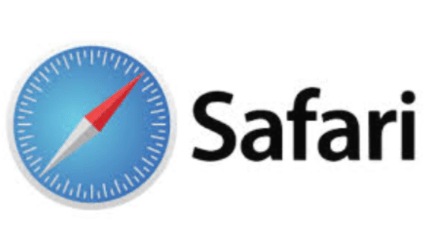Apple’s Safari ranked as the most popular mobile internet browser in the US with a market share of 49% while Google’s Chrome ranked second with 44% market share, revealed Statista.
Another report by Data Feature marks a one billion user base for Safari across the globe. With what seems like a big blow on the face of its competitor, Google, Safari still manages to function without third party cookies. While Google struggles to clear its name from all the hassles around third party cookies with the company first announcing they will deprecate third party cookies only to withdraw the decision four years later, Safari stands strong. But how does Safari earn money if it’s not from the ads?
Safari’s money game
Safari, Apple’s flagship web browser, is integral to the company’s ecosystem, but its financial impact extends beyond the simple provision of a free browsing tool. Although Safari itself does not directly generate revenue, there are ways in which the free browser manages to contribute to Apple’s business.
“An expert testifying on behalf of Google said it sends 36% of the advertising revenue it makes on Apple’s Safari web browser to the iPhone maker.” reveals an article by BBC. It also added that although Google claims to dominate the online searches solely because of their product, it was revealed that Google paid as much as $26 billion to companies like Apple, Samsung and Mozilla, to install their search engine as the default search engine. From what is understood, this arrangement brought more than $18 billion to Apple. The monetization of web browsers like Safari often hinges on strategic partnerships that influence what users see and interact with while browsing. Safari generates revenue through agreements with search engines and other content providers, leveraging these partnerships to secure prominent placements within the browser.
Safari’s revenue generation does not stop here. Its monetization extends to other areas of the operating system. By featuring certain websites as default top sites or bookmarks in the browser, which can vary in accordance with the demographic and their potential to attract users. Websites that pay to be included in these prominent positions can get more visitors and potentially increase their revenue.
Furthermore, by providing users with a comfortable browsing experience, Safari strives ahead in customer experience. As a result of this, users who value a cohesive and efficient browsing experience are more likely to purchase Apple products, thus boosting hardware sales. Additionally, the absence of cookies means customers’ data is secure. This feature attracts privacy-conscious consumers.
